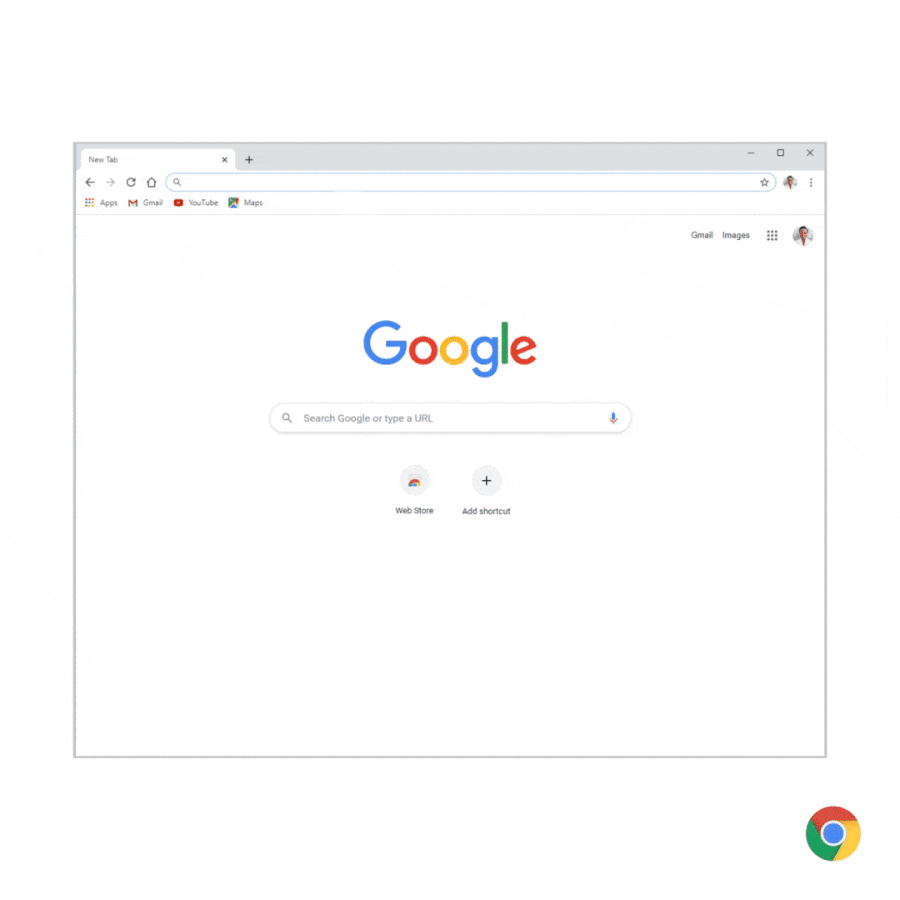Google issues new warning for all Chrome users over tracking in its Incognito Mode

Google was sued over its private browsing feature built into Chrome, dubbed Incognito Mode, and now it has overhauled the disclaimer that appears in the app
|GETTY IMAGES

"This won’t change how data is collected by websites you visit," Google warns
- Google overhauls warning that shows when users launch Incognito Mode
- It confirms that Google and other sites can still siphon your data
- Google has agreed to settle $5 billion lawsuit over private browsing
Don't Miss
Most Read
Your data is being collected — even when using Incognito Mode in the Google Chrome web browser, according to a new warning within the popular app. The new disclaimer has surfaced in a beta version of its the browser ahead of its roll-out to millions of users worldwide.
Many mistakenly believe that Incognito Mode and other “private” modes block all tracking in web browsers. In reality, these modes only stop your browser recording internet history, any information entered into forms, and cookies on your device.
But it’s a mistake to believe that you’re actually incognito as this mode does nothing to block websites or internet services tracking you.
The change to the disclaimer in the pre-release version of Chrome comes as Google agreed to settle a $5 billion class-action lawsuit accusing it of tracking Incognito users.

Google Chrome recently added the ability to block third-party cookies when using its Incognito Mode ...but the latest change to the disclaimer, shown in the animated GIF above when it switches to private browsing for the first time, confirms that data is still tracked
|Google Chrome users looking to trigger Incognito Mode are now told: “Others who use this device won’t see your activity, so you can browse more privately.
"This won’t change how data is collected by websites you visit and the services they use, including Google. Downloads, bookmarks and reading list items will be saved."
The tweaked warning was spotted by the team at MSPowerUser.
If you’re looking to completely hide your internet activity — including a complete list of the sites that you’ve visited — then you should turn to a VPN, not Incognito Mode in your browser.
Google lists the data markers that could still be collected when using the privacy-focused mode.
Chrome won’t save the following information:
- Your browsing history
- Cookies and site data
- Information entered in forms
Your activity might still be visible to:
- Websites that you visit
- Your employer or school
- Your Internet service provider
Google isn’t the only company that offers a privacy mode within its browser. Safari has Private Browsing, Microsoft Edge has InPrivate Window, and Mozilla has Private Browsing in Firefox.
All of these settings work in a similar way, so don’t think that you’ll be able to surf the web without leaving a trace of your activity with any of these modes either.
Dr Brydon Wang of the Queensland University of Technology told ABC News that the easiest way to visualise how Incognito Mode and its closest competitors work is to imagine that you’re on a car journey.
"When you stop driving, you delete the path of your journey from the in-car navigation system, you may even delete how many kilometres you've travelled from the odometer. That's 'Incognito' mode,” he summarises. "It doesn't stop anyone along the road or who is watching you through surveillance cameras from tracking where you have been."
LATEST DEVELOPMENTS
It's been a rough week for Google Chrome, which is the most popular browser on the planet — accounting for over 60% of all internet traffic. The Californian firm had to issue an emergency patch to fix a security flaw in the browser that was being actively exploited by scammers.










